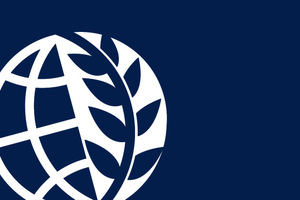
The UN Security Council has approved sweeping changes to counterterrorism policies that require the “listing” and sanctioning of al-Qaida and Taliban suspects. The reforms are “a dual triumph for human rights and effective counter-terrorism action,” said George A. Lopez, a sanctions scholar and professor at Notre Dame’s Kroc Institute for International Peace Studies.
By increasing the fairness in the “listing” and “delisting” process and enhancing the due process legal rights of individuals and entities placed on the list of suspected terrorists, the reforms in Security Council Resolution 1904 “restore the legal and moral grounding upon which sanctions must stand as legitimate tools of international law enforcement,” Lopez said. Read full comments in the Huffington Post »
The original policy, implemented in 1999, condemned terrorism and froze international funds, arms, and travel of al-Qaida operatives. After 9/11, the policy was expanded to require the “listing” of al-Qaida suspects and the imposition of additional sanctions. Eventually, more than 500 people and organizations were placed on the list. Legal and ethical dilemmas multiplied as the process for adding and removing suspected people and organizations from the list failed to meet basic, internationally accepted human rights standards.
SCR 1904 restores the credibility and momentum of listing and sanctioning as methods of counter-terrorism, Lopez said. Significant changes include the addition of an impartial ombudsperson to receive delisting requests and a more transparent process for entities involved in listing and delisting.
Researchers from the Kroc Institute, the Fourth Freedom Forum, and the Watson Institute at Brown University studied and analyzed the impact of the previous policy and urged the Security Council to take immediate action on reform. Recent reports from the scholars include “Human Rights and Targeted Sanctions” (pdf) and “Addressing Challenges to Targeted Sanctions: An Update of the ‘Watson Report.’”
Contact: George A. Lopez, currently at the United States Institute of Peace, (574) 315-7118 (mobile), George.A.Lopez.1@nd.edu.